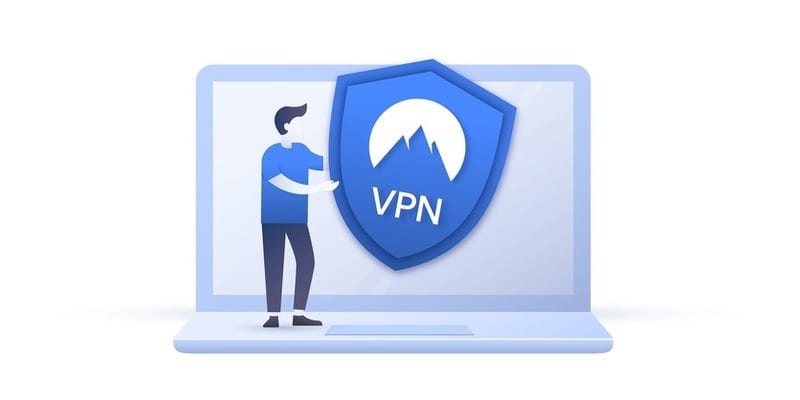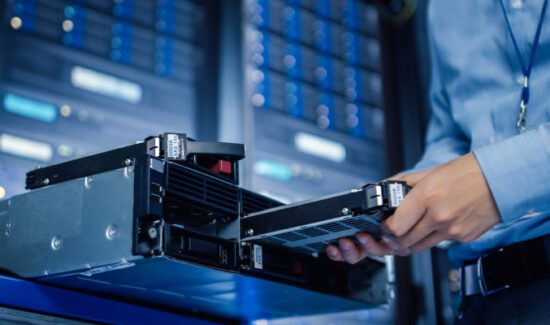What Are the Benefits of a Virtual Private Network (VPN) for Businesses?

With news breaking seemingly every day about a company’s data being hacked, businesses and users want to protect their personal information. If you aren’t taking steps to secure your Internet connection, however, you could be exposing sensitive data just by working online. To help keep their data secure, companies are looking to invest in a virtual private network (VPN) to protect their connections. A VPN provides an extra layer of security and privacy for users accessing the Internet, as well as several other benefits for enterprises.
For starters, you may want to consult SurfShark’s excellent resource to learn what is a VPN? But, what are the advantages and benefits of using a VPN to protect your business? Why are they important for protecting your wireless communications? Why should your enterprise consider using a VPN for securing its Internet connection? Below, we’ve listed the benefits your company can take advantage of by using a VPN!
Looking for more information on wireless networks and how a VPN can help protect it? Our Wireless Networks Buyer’s Guide contains profiles on the top wireless network solution providers, as well as specifications on the network hardware they provide. It also includes questions you should ask potential vendors and yourself before buying.
No log policies
When you operate on the Internet, you generate data logs that can be tracked and accessed by Internet service providers (ISP), security threat actors, and other parties for the purposes of information gathering. Modern VPNs have a no-log policy where they don’t collect your data and log it. The personal information of your employees and business transactions won’t be recorded for outside actors to discover.
Masked IP addresses
Everything you do online can be traced back to your IP address, so masking your device’s IP address is essential for protecting online activity. A VPN will automatically disguise your IP address every time you connect to the Internet, preventing suspicious parties from tracking your web transactions. Many VPNs allow you to choose a specific country that your IP address will appear to come from; this not only camouflages your actual location, but can also allow your users to access resources that are blocked in your geographic area.
Encrypting network data
Every VPN worth its salt will encrypt your communications to keep your data private. ISPs, governments, hackers, etc. might try to access your data logs and track your Internet activity. When you connect to a VPN, server, your device will be sent through an encrypted tunnel that prevents outside users from examining your data. By encrypting your business data and communications, a VPN ensures that unauthorized users can’t look at your private data even if they access it.
Securing public WiFi connections
Public WiFi networks are a security professional’s worst nightmare — but with a VPN in place, they become much less of a hassle. VPNs prevent hackers operating on a public WiFi network from looking at your data. While public WiFi networks should be avoided for business purposes whenever possible, using a VPN will protect the connection of all your business-critical devices; this is essential for enterprises running a BYOD policy.
Looking for more information on wireless networks, 802.11ax, and wireless hardware vendors? Our Wireless Networks Buyer’s Guide contains profiles on the top wireless network solution providers, as well as specifications on the network hardware they provide. It also includes questions you should ask potential vendors and yourself before buying.
Check us out on Twitter for the latest in Wireless Networks news and developments!





















